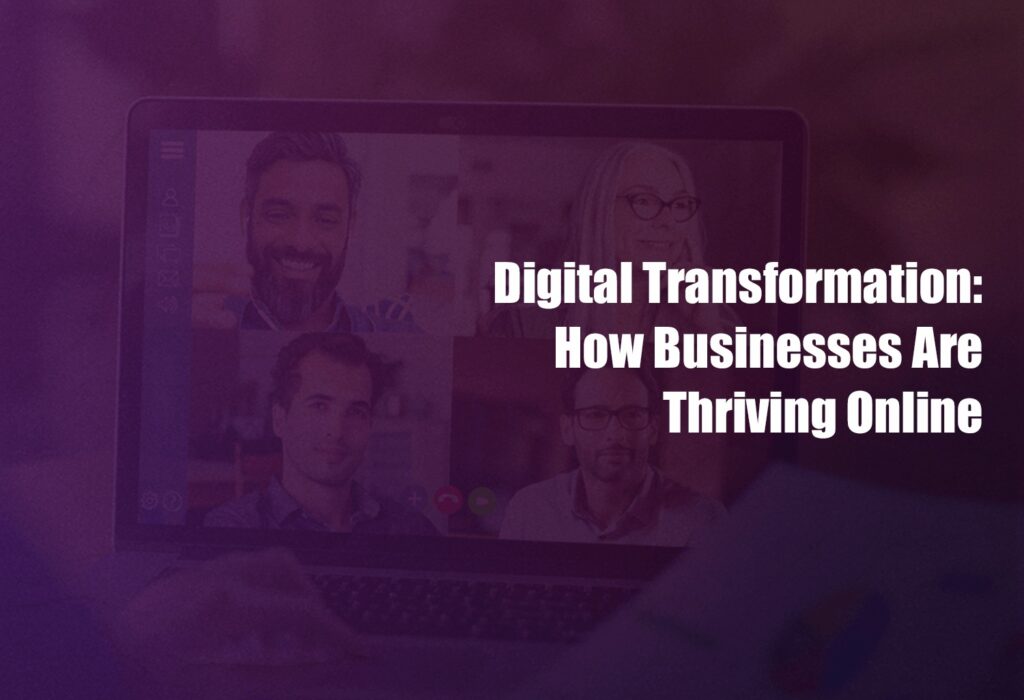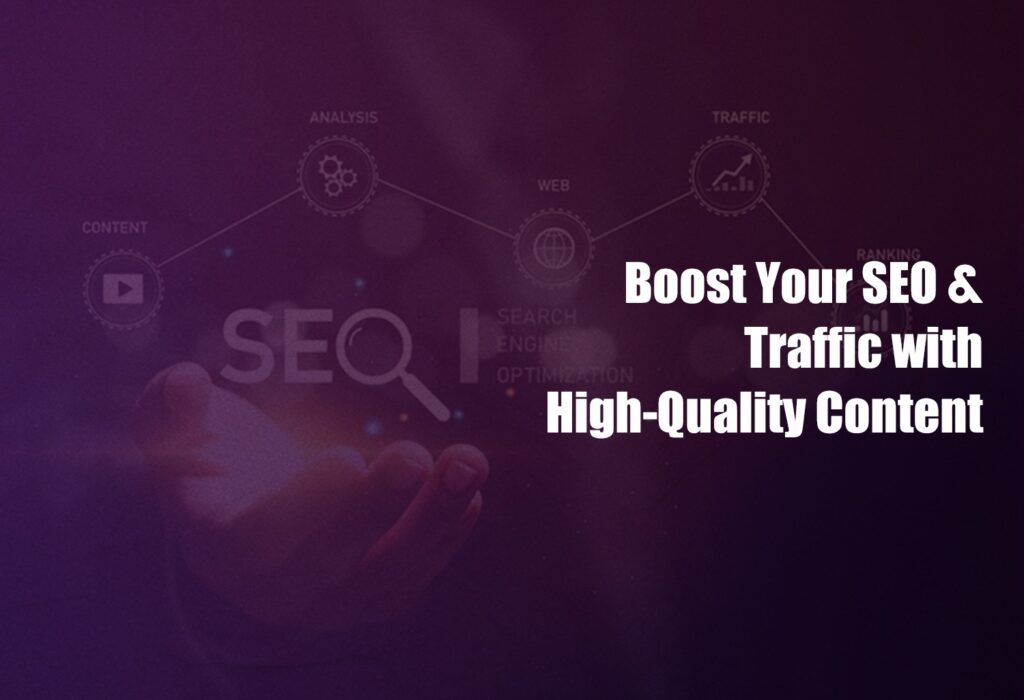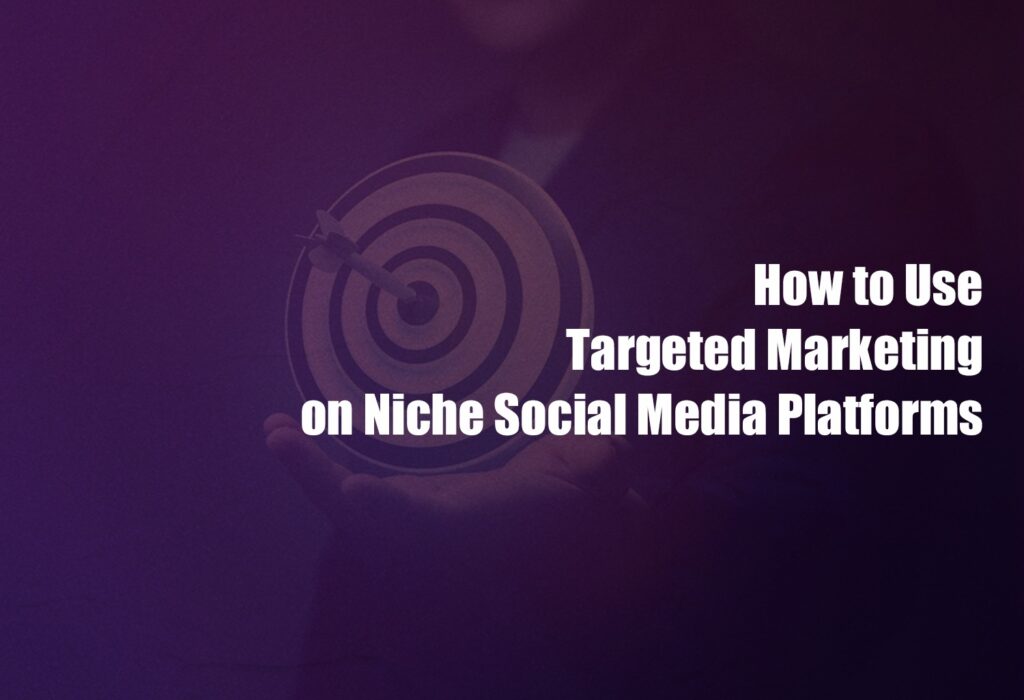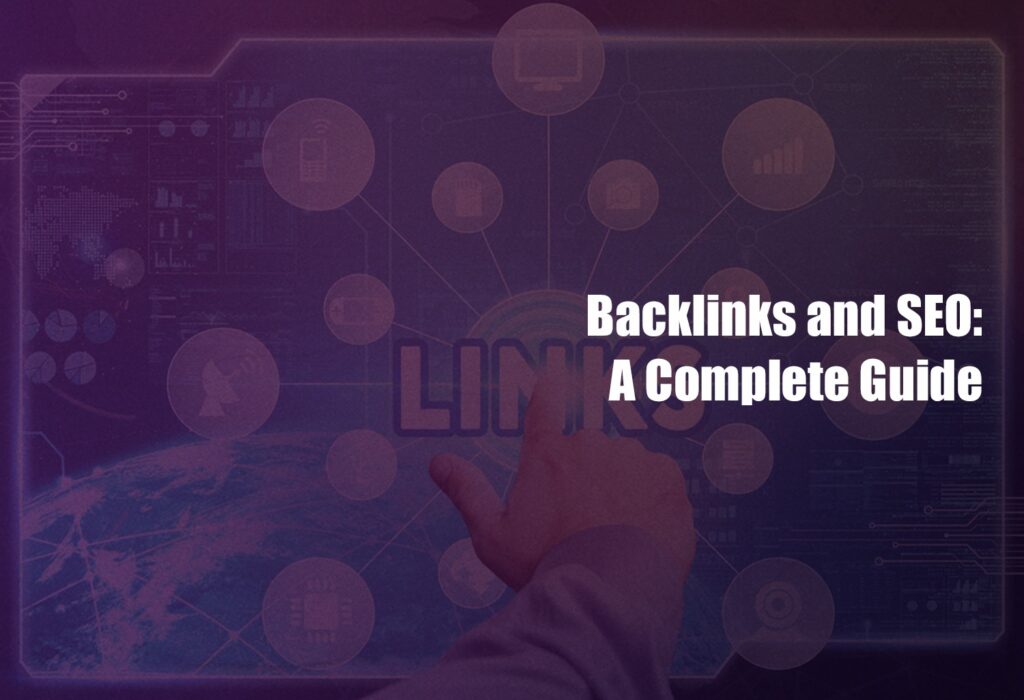If you’re starting a new business, you’ve probably heard about SEO (Search Engine Optimisation) and SEM (Search Engine Marketing). Both are powerful tools for driving traffic to your website, but they work in very different ways. So, how do you know which one is best for your startup? Let’s help you figure out the right marketing strategy to grow your business.
What’s the Difference Between SEO and SEM?
Before we compare the two, let’s clarify what SEO and SEM actually mean.
What is SEO?
SEO focuses on optimising your website to rank higher in organic (non-paid) search results. This involves using keywords, creating high-quality content, improving website speed, and building backlinks to increase visibility over time.
-
Why Choose SEO?
-
- It’s cost-effective in the long run.
- Builds trust by appearing naturally in search results.
- Provides consistent traffic once rankings are established.
However, SEO is a slow burn. It can take at least six months to see significant results.
What is SEM?
SEM, on the other hand, uses paid advertisements like Google Ads, to display your website at the top of search engine results. You bid on specific keywords, and your ad is shown to users searching for those terms.
-
Why Choose SEM?
-
- It delivers immediate results.
- Allows precise targeting based on location, demographics, and user intent.
- Perfect for promoting time-sensitive offers.
The downside? SEM can be expensive, especially for highly competitive keywords.
How Do SEO and SEM Impact Startups Differently?
When you’re launching a startup, time and money are often limited. Deciding between SEO and SEM depends on what you want to achieve and how quickly you need results.
1. Cost
- SEO requires an upfront investment in content creation and optimisation, but once you’re ranked, organic traffic is free.
- SEM requires ongoing ad spend, and costs can escalate quickly if you’re in a competitive niche.
2. Speed
- SEO takes time. It may take months of consistent effort before you see significant traffic increases.
- SEM offers instant visibility. As soon as you launch your campaign, your ads start appearing.
3. ROI (Return on Investment)
- SEO provides long-term ROI as traffic continues to flow without additional ad spend.
- SEM delivers a quick ROI but only as long as you keep paying for ads.
When Should Startups Choose SEO?
If your startup is focused on building a sustainable online presence, SEO might be the better choice. Here’s when to prioritise SEO:
- Budget-Friendly Growth: If you have limited funds but can invest time in content creation and optimisation, SEO is ideal.
- Building Authority: Appearing high in organic search results builds trust with your audience.
- Targeting Evergreen Keywords: For keywords that remain relevant over time, SEO can drive consistent traffic.
But what if you need faster results? That’s where SEM comes in.
When Should Startups Choose SEM?
Sometimes, startups need immediate visibility and leads. Here’s when SEM is the way to go:
- Launching a New Product: SEM is perfect for creating buzz around a product or service launch.
- Targeting a Niche Audience: Paid ads allow you to focus on specific demographics, interests, and behaviors.
- Testing Keywords: SEM helps you identify which keywords convert best before committing to a long-term SEO strategy.Still, you don’t always have to pick one over the other. Let’s talk about combining them.
Why SEO and SEM Work Better Together
The truth is, SEO and SEM complement each other beautifully when used together. While SEM drives immediate traffic, SEO builds a foundation for long-term growth.
Here’s how to combine them effectively:
- Use SEM to drive traffic while your SEO efforts gain momentum.
- Test high-converting keywords through SEM, then target those keywords organically with SEO.
- Maintain consistent branding and messaging across both strategies to reinforce your marketing efforts.
Tips for Startups to Maximise SEO and SEM
Whether you’re focusing on SEO, SEM, or both, these tips will help you get the best results:
1. Start with Keyword Research
Understanding what your audience is searching for is key to both strategies. Use tools like Google Keyword Planner or SEMrush to identify valuable keywords.
2. Invest in Quality Content
For SEO, create engaging blogs, guides, and product pages that align with your audience’s needs. High-quality content also improves the performance of your SEM ads by increasing click-through rates.
3. Track and Analyse Performance
Monitor your campaigns with tools like Google Analytics to track metrics like ROI, bounce rates, and conversions. This data will help you refine both your SEO and SEM strategies.
SEO vs SEM: Which is Best for Startups?
There’s no one-size-fits-all answer, it all depends on your goals and resources.
- Choose SEO if: You’re looking for sustainable, long-term growth and have the patience to wait for results.
- Choose SEM if: You need quick visibility and immediate results, even if it means spending more upfront.
- Combine Both if: You want to balance immediate traffic with a long-term strategy.
Conclusion
For startups, the choice between SEO and SEM isn’t about picking one over the other, it’s about understanding how they align with your business goals. While SEO builds a strong foundation for organic growth, SEM delivers instant visibility when you need it most. By using these strategies together, you can create a powerful marketing strategy that drives traffic, generates leads, and maximises your ROI.




